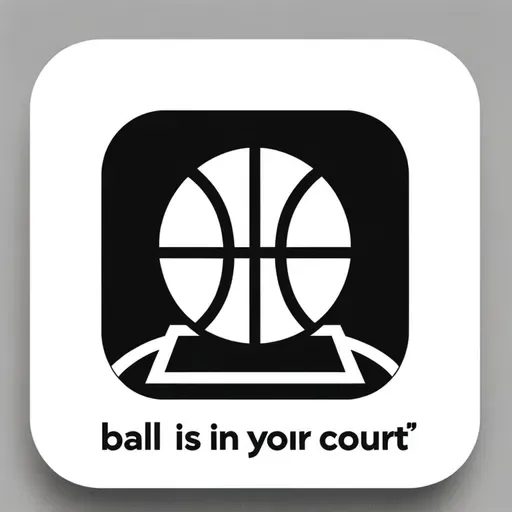
04 October 2025
The Ball is in Your Court: How One Phrase Reveals the Power of Personal Decision Making
Ball is in your court
About
Today we’re taking a closer look at the phrase “the ball is in your court,” a line echoing not just through sports arenas, but daily life, boardrooms, politics, and so much more. At its heart, this phrase captures the moment responsibility shifts and the weight of the next action falls on one person’s shoulders. The term has its roots in tennis, where once the ball is served, only the receiving player can meaningfully shape what happens next. Over time, as explained by Grammarist and other sources, “the ball is in your court” has come to mean that the next move, the decision, now lies with you.
This moment—the handoff of responsibility—often marks the most pivotal point in decision-making. Recent headlines have been filled with high-stakes examples. In the world of politics, the resignation of several prominent cabinet members this September put critical policy choices squarely in the hands of successors. In business, the CEO of a leading tech company surprised the industry by announcing he would step down, stating that "the ball is in the board’s court" regarding the future direction of the company.
So what happens when the ball is in your court? Psychological research highlights that our decision-making can be shaped by biases, emotions, and the way problems are framed. According to a recent review from Attain Behavioral Health, factors like anxiety can lead to hesitation or second-guessing, while positive emotions or the promise of reward can spur boldness and resolve. Pivotal decisions are colored by context, pressure, individual values, and even the specific words we use to define our choices.
Let’s consider a story familiar to many listeners. A young entrepreneur receives an unexpected offer to merge with a larger, more established company. Friends and advisors have all weighed in. The offer stands—now, the ball is in her court. Whether she acts—or doesn't—will shape her business, her future, and possibly her industry. Ownership goes hand-in-hand with consequences; choosing not to act is, in itself, a decision.
Ultimately, the phrase “the ball is in your court” is more than a metaphor—it’s an invitation to embrace ownership, face uncertainty, and recognize that progress depends on the willingness to make a move. It’s a call to prompt action, not just in sports or business, but in every pivotal moment where the next step is yours to take.
This content was created in partnership and with the help of Artificial Intelligence AI
This moment—the handoff of responsibility—often marks the most pivotal point in decision-making. Recent headlines have been filled with high-stakes examples. In the world of politics, the resignation of several prominent cabinet members this September put critical policy choices squarely in the hands of successors. In business, the CEO of a leading tech company surprised the industry by announcing he would step down, stating that "the ball is in the board’s court" regarding the future direction of the company.
So what happens when the ball is in your court? Psychological research highlights that our decision-making can be shaped by biases, emotions, and the way problems are framed. According to a recent review from Attain Behavioral Health, factors like anxiety can lead to hesitation or second-guessing, while positive emotions or the promise of reward can spur boldness and resolve. Pivotal decisions are colored by context, pressure, individual values, and even the specific words we use to define our choices.
Let’s consider a story familiar to many listeners. A young entrepreneur receives an unexpected offer to merge with a larger, more established company. Friends and advisors have all weighed in. The offer stands—now, the ball is in her court. Whether she acts—or doesn't—will shape her business, her future, and possibly her industry. Ownership goes hand-in-hand with consequences; choosing not to act is, in itself, a decision.
Ultimately, the phrase “the ball is in your court” is more than a metaphor—it’s an invitation to embrace ownership, face uncertainty, and recognize that progress depends on the willingness to make a move. It’s a call to prompt action, not just in sports or business, but in every pivotal moment where the next step is yours to take.
This content was created in partnership and with the help of Artificial Intelligence AI